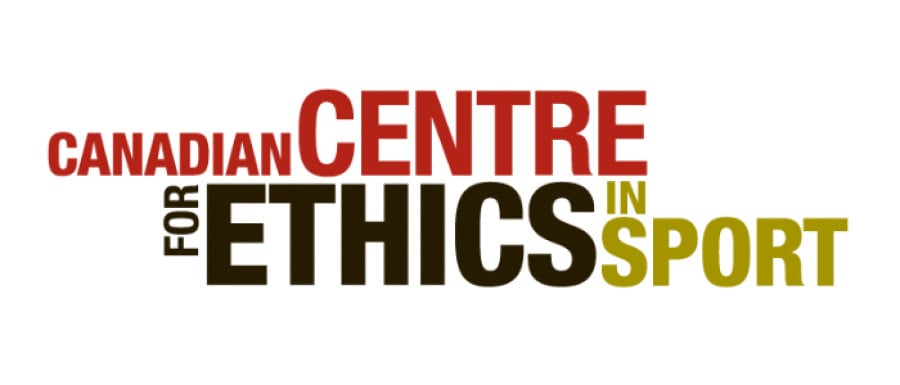U Sports football athlete suspended for presence of anabolic agent
Press Release
This article is written in English with a French translation underneath.
19 December 2016 - The Canadian Centre for Ethics in Sport (CCES) announced today that Tristan Grosman, a U Sports football player from St. Francis Xavier University, received a sanction of four years for an anti-doping rule violation. The athlete’s urine sample, collected during out-of-competition doping control on April 24, 2016, revealed the presence of dehydrochlormethyltestosterone.
In response to the CCES’ notification of the adverse analytical finding, Mr. Grosman admitted the anti-doping rule violation and a hearing was held to determine the sanction length. Arbitrator Soublière imposed a sanction of four years ineligibility from sport, terminating April 25, 2020. The athlete, who resides in Kingston, Ontario, is ineligible to participate in any capacity with any sport signatory to the Canadian Anti-Doping Program (CADP), including training with teammates.
A copy of the full decision can be found at www.crdsc-sdrcc.ca.
The CCES is an independent, national, not-for profit organization with a responsibility to administer the CADP. Under the CADP rules, the CCES announces publicly every anti-doping rule violation. We recognize that true sport can make a great difference for individuals, communities and our country. We are committed to working collaboratively to activate a values-based and principle-driven sport system; protecting the integrity of sport from the negative forces of doping and other unethical threats; and advocating for sport that is fair, safe and open to everyone.
Un athlète de football de U Sports suspendu pour la présence d’un agent anabolique
Le Centre canadien pour l’éthique dans le sport (CCES) a annoncé aujourd’hui que Tristan Grosman, un joueur de football de U Sports de l’Université St. Francis Xavier, vient de se voir imposer une suspension de quatre ans pour une violation des règles antidopage. Cette violation a été découverte par l’analyse d’un échantillon d’urine recueilli durant un contrôle antidopage hors compétition réalisé le 24 avril 2016, qui a révélé la présence de déhydrochlorméthyltestostérone.
En réponse à l’avis du CCES concernant ce résultat d’analyse anormal, M. Grosman a reconnu avoir commis une violation aux règles antidopage et une audition s’est déroulé pour déterminer la période de suspension. L’arbitre Soublière lui a imposé une suspension de quatre ans qui prendra fin le 25 avril 2020. Durant cette période, il est interdit à cet athlète, qui réside à Kingston, en Ontario, de participer, peu importe à quel titre, à tout sport organisé signataire du Programme canadien antidopage (PCA), y compris de s’entraîner avec ses coéquipiers.
Vous trouverez une copie de la décision complète au www.crdsc-sdrcc.ca.
Le Centre canadien pour l’éthique dans le sport est l’organisme national indépendant et à but non lucratif responsable de l’administration du Programme canadien antidopage. En vertu des règles du PCA, le CCES est tenu de rendre publique toute violation aux règles antidopage. Nous reconnaissons que le sport sain peut faire une grande différence pour les individus, les collectivités et notre pays. Nous avons pris l’engagement de travailler en collaboration avec d’autres organismes à promouvoir un système de sport basé sur des valeurs et animé par des principes, à protéger l’intégrité du sport des forces négatives du dopage et d’autres menaces non éthiques et à défendre le sport juste, sécuritaire et ouvert à tous.




